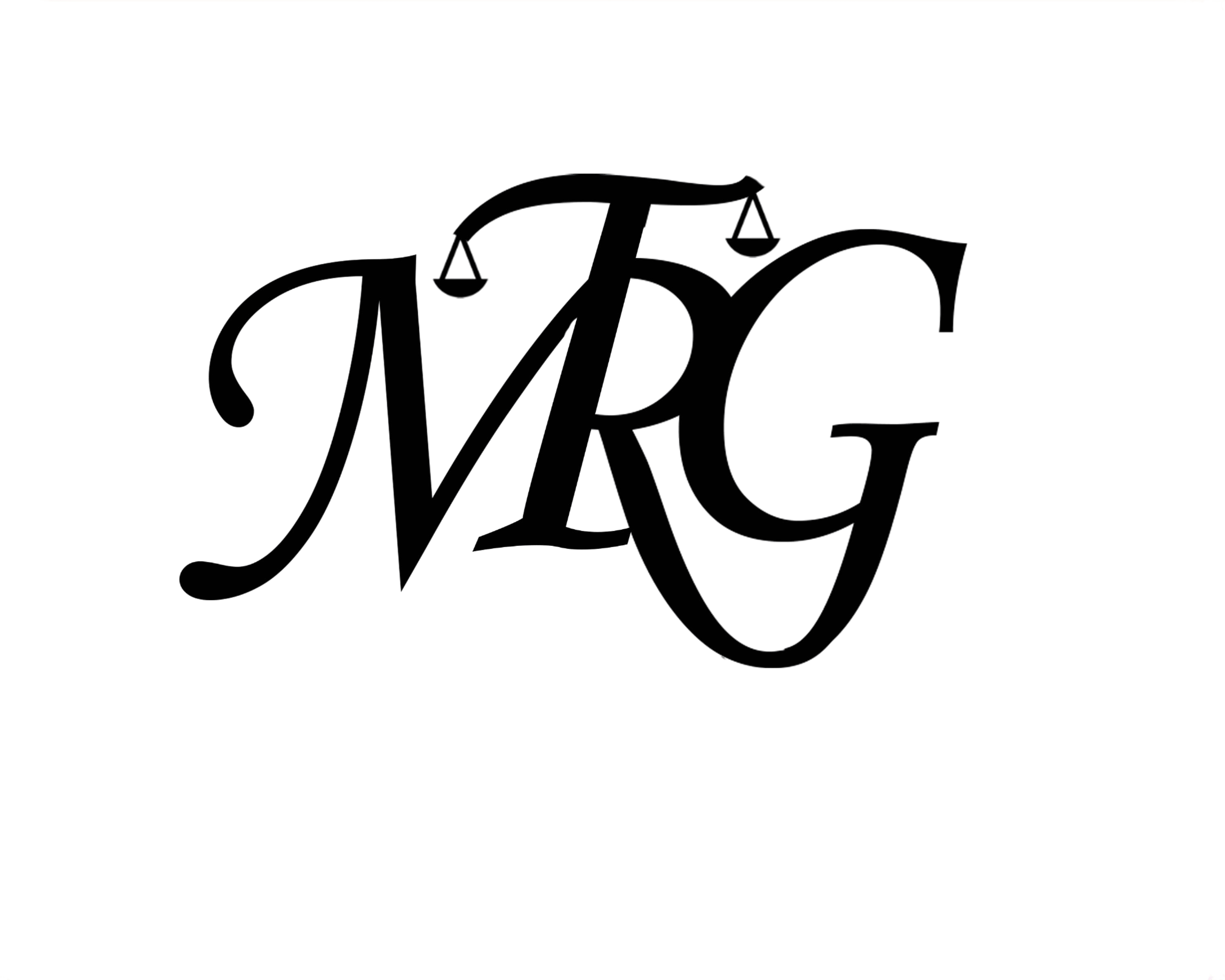A Will is a legal document that outlines your wishes regarding the distribution
of your assets after you die. With a Will you get to decide who will manage your
affairs and then distribute your assets to your selected beneficiaries. Without
a Will the law decides who will manage your affairs and the law determines who
will be your beneficiaries. Even more, when you die without a Will and you have
minor children it is the Administrator General’s Department who will be in
charge of your affairs/assets.
A Personal Representative is the general name given to the person or persons
legally appointed to manage your affairs after your death. Where you die testate
i.e. with a Will the name given to such a person is Executor/Executrix. Where
you die intestate i.e. without a Will the name given to such a person is
Administrator. For the most part a beneficiary will not be able to benefit from
the assets left behind until a personal representative is appointed and given a
document called a Grant which he/she can produce to gain access to the assets of
a deceased person.
Whilst you need not tell anyone that you created a Will, you should get the
consent of your personal representatives (Executors) before you appoint them as
such or you should at least tell them so that they are aware. It is also
strongly recommended that you store your Will in a safe place where your loved
ones will be able to find it or you may choose to release your Will to someone
you trust whilst you are still alive for safekeeping. Though rare, some persons
may even choose to approach the Island Records Office to have their Will
recorded and stored.
Assets are simply items owned by a person. Examples of assets include:
- Money in the bank or other financial institution
- Livestock
- Shares/Stocks/Bonds/Bitcoin
- Pension
- NHT Contribution
- Salary/Unclaimed Vacation
- Motor Vehicle
- Personal Tools and Tools used in your Trade
- Furniture in your home and clothing
- A Business
It is advised that you create a separate Will to dispose of your assets in each
jurisdiction. If you create one Will to dispose of all your assets both locally and
overseas it will significantly delay the administration process and may take years
before your beneficiaries can legally lay claim to all your assets.
You will need to produce the proof of death by way of a Death
Certificate, you will also be asked to produce the Last Will &
Testament in the case where the person died with a Will and where the
person died
without a Will it is advised that you take an inventory of his/her assets and be
able to prove relationship to the deceased person.
